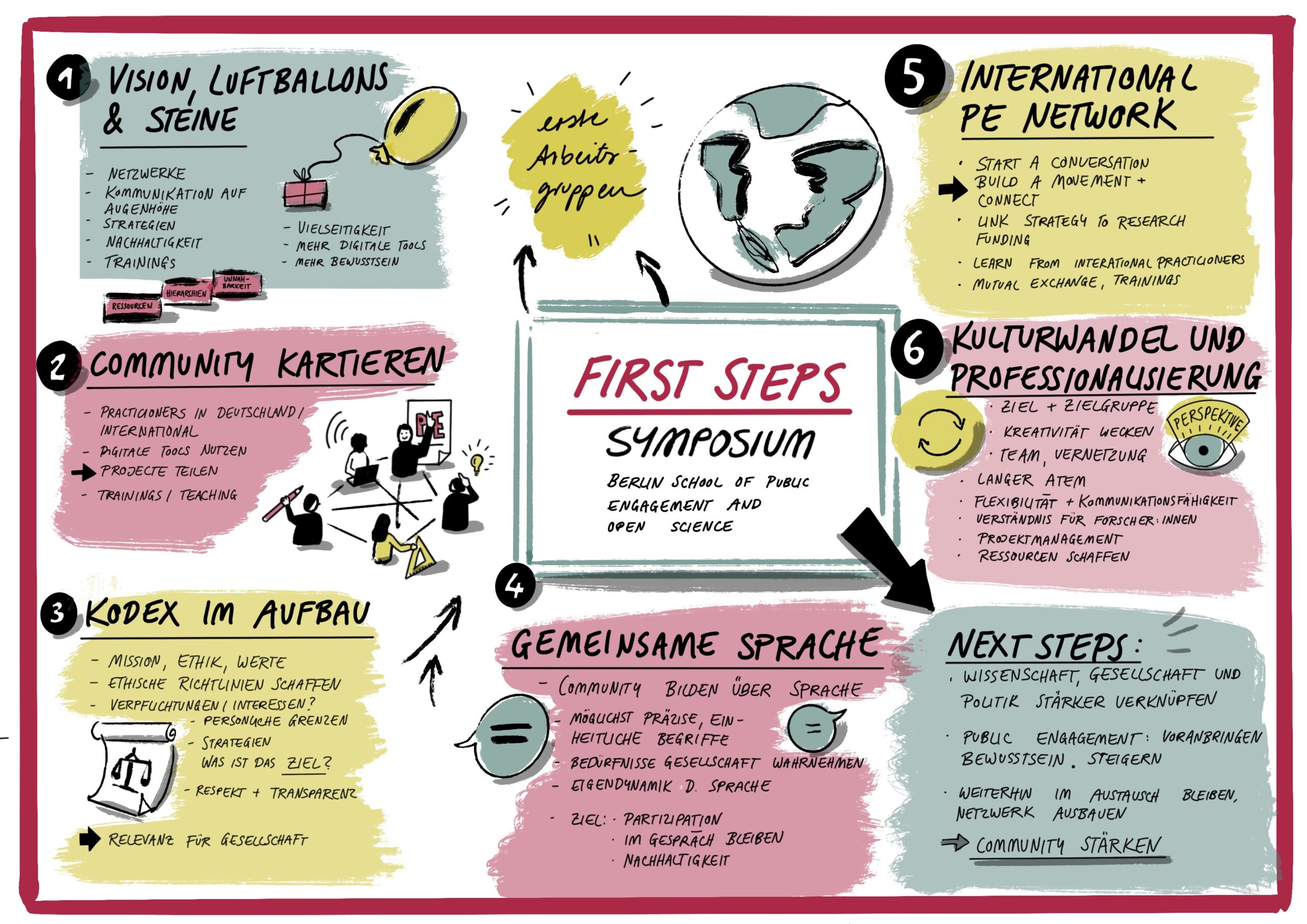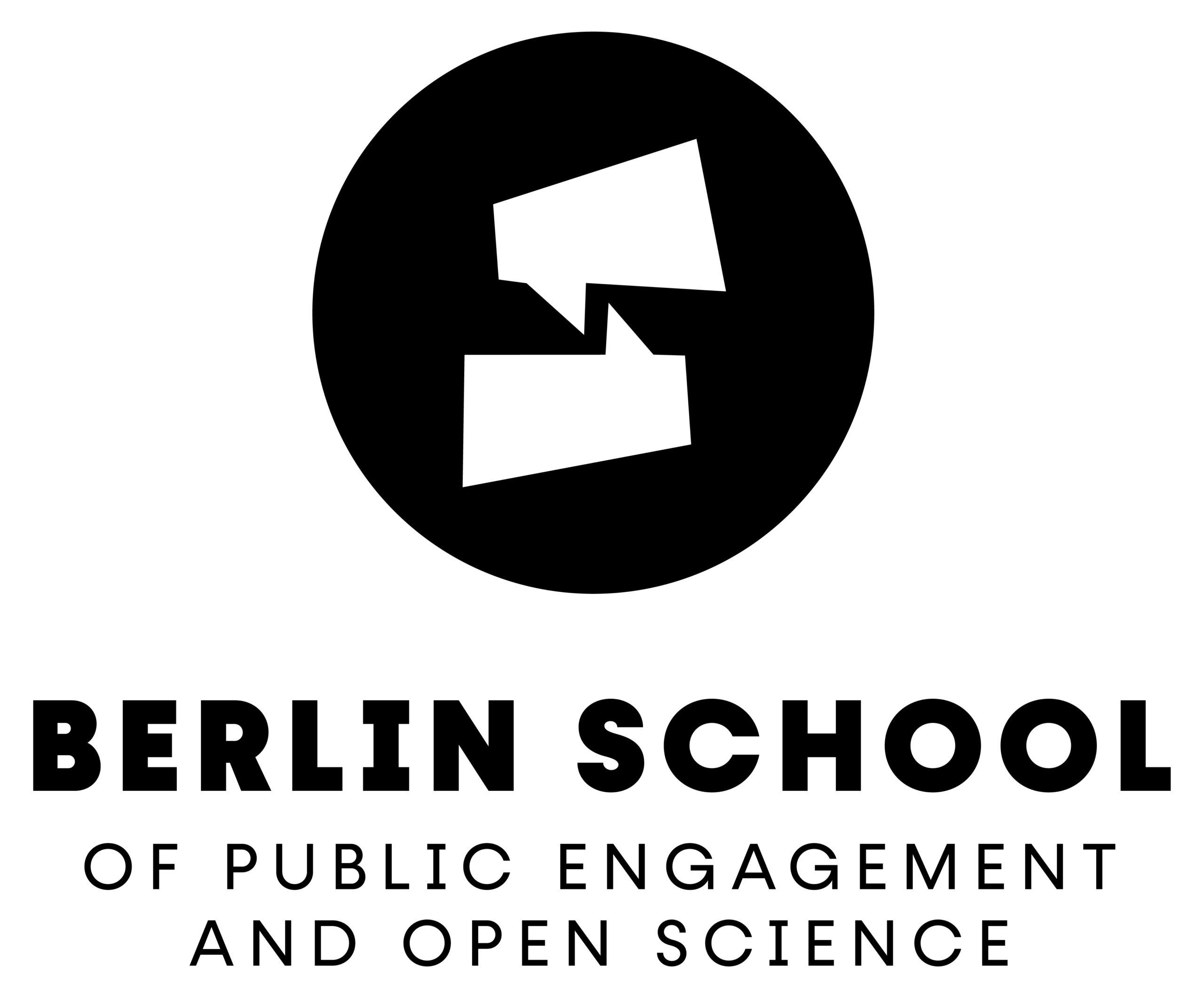Support is needed for a sustainable science communication. This manifests itself in many ways: Research results from science via SciComm should be included. Science communication should be questioned and analyzed more often. Likewise, it would be good to get financial support. In addition to the recommended framework, there are practical tips. Among them the way how to communicate. A handbook summarizes tools and tips.
All posts by Tanja
First Steps – Networking & Exchange
The vision: Establish a community that works together to drive cultural change. Each of us has wishes and visions for the field of public engagement. Often a “stronger networking” was desired. During the symposium, we took the first steps towards this.
SciCommSci – A club for networking
We found the SciCommSci Club via Twitter. On its website, the club describes itself as a place for dialogue and discussion about the science of science communication. The club is a place for networking.
How authority influences SciComm
The most diverse professional groups work together in SciComm. Bias, but also the hierarchical arrangement in the team can influence communication.
Share your work! – #ScienceOutLoud
By communicating “out loud”, the work of scientists becomes transparent. Trust is built up. In addition, the colleagues develop a better understanding of the processes among themselves. This enables them to work together better. This also helps science communication.
Podcast glut – and what could help against it
The list of science communication podcasts is long. Almost every organization or institution uses this audio format. How about a common place to start?
Berlin School of Public Engagement – Cultural Change in SciComm
The Berlin School of Public Engagement and Open Science promotes communication and dialogue formats between research and the public. The idea is to create an exchange between science and the public. Each side will have the opportunity to contribute its voice. The motto is “Strategy first, product second”.
Together in Dialogue – Public Engagement – Part 2
When scientists speak directly with citizens, they receive direct information and can ask questions about it. In this way, possible reservations about a research result are classified and can be better addressed in the future. Even though some formats already exist, the dialogue with society in general is not very legitimised by scientific institutions.
AI-Consultion Hour – In conversation with citizens
Talk to citizens about research. That’s the approach of Cyber Valley’s AI consultion hour from Tübingen, Germany. Public Engagement Manager Patrick Klügel shares his experiences.
Talking to Each Other – Public Engagement – Part 1
Public Engagement is no longer just a theoretical concept in Germany, but is increasingly being implemented – unfortunately still too little. Yet with dialogue formats, science and society would learn in equal measure.








